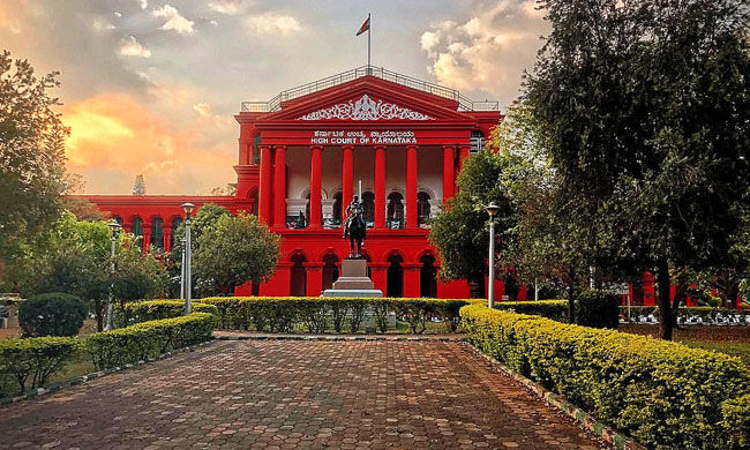The Karnataka High Court on Wednesday upheld the legality of "bala sanyasa" and held that there was no legal bar against a minor becoming a swami.A division bench of Acting Chief Justice Satish Chandra Sharma and Justice Sachin Shankar Magadum delivered the judgment while dismissing a writ petition filed questioning the legality of appointing 16-year-old Aniruddha Saralathaya (now named...

